The consortium of more than 150 major colleges and universities works with federal, state, local and commercial customers to advance national priorities and serve the public interest.
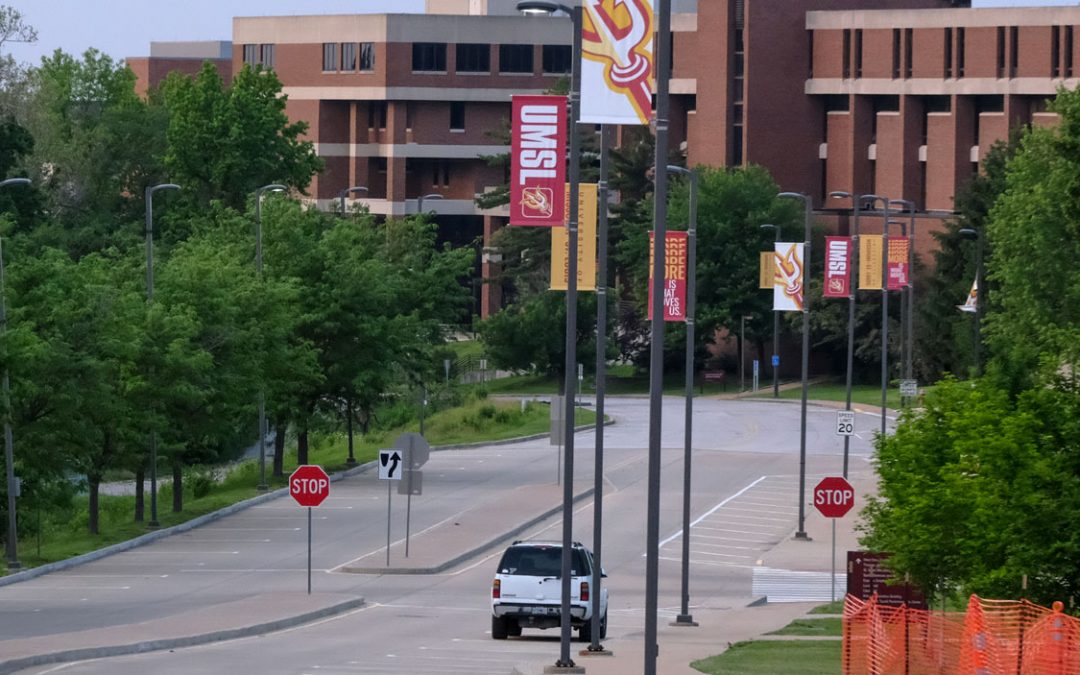

The consortium of more than 150 major colleges and universities works with federal, state, local and commercial customers to advance national priorities and serve the public interest.
The consortium of more than 150 major colleges and universities works with federal, state, local and commercial customers to advance national priorities and serve the public interest.
The consortium of more than 150 major colleges and universities works with federal, state, local and commercial customers to advance national priorities and serve the public interest.
The annual overnight music camp features an immersive four days of singing led by some of the world’s best-known names in a cappella music.
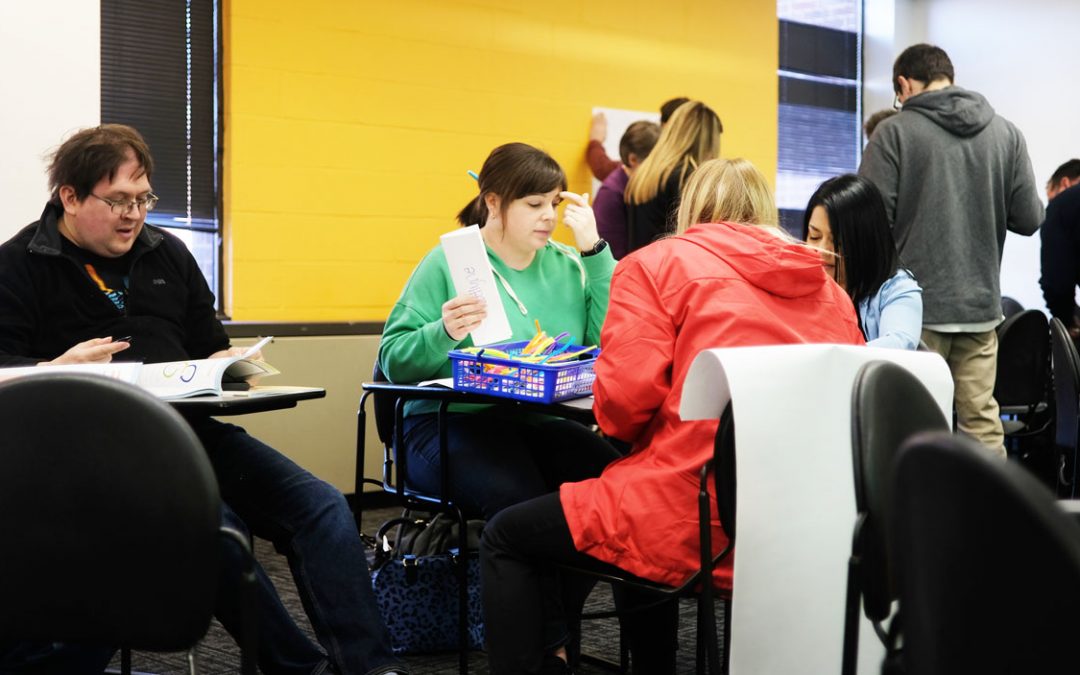
The College of Education and the Missouri Institute of Mental Health collaborated to put on the daylong event, where 125 education students participated.
The College of Education and the Missouri Institute of Mental Health collaborated to put on the daylong event, where 125 education students participated.
The College of Education and the Missouri Institute of Mental Health collaborated to put on the daylong event, where 125 education students participated.
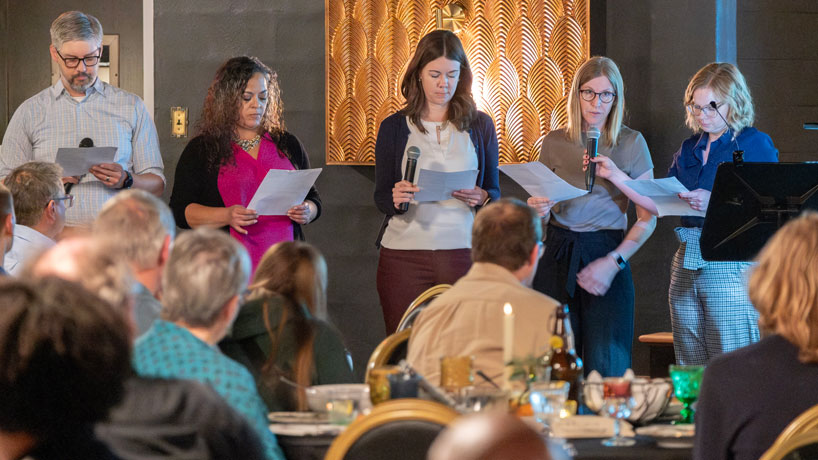
Playwright José Cruz González helped lead the fifth iteration of the collaborative, which pairs MIMH researchers with artists and is designed to help unlock their creativity.
Playwright José Cruz González helped lead the fifth iteration of the collaborative, which pairs MIMH researchers with artists and is designed to help unlock their creativity.
Playwright José Cruz González helped lead the fifth iteration of the collaborative, which pairs MIMH researchers with artists and is designed to help unlock their creativity.
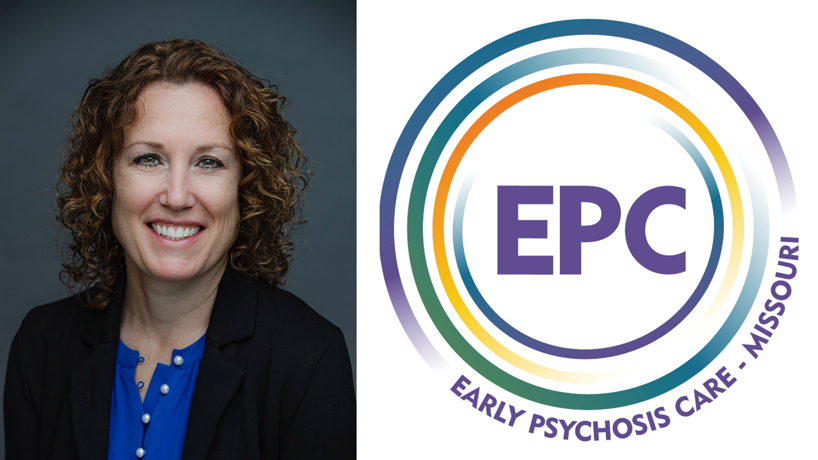
MIMH Associate Director Rachel Kryah is leading the project, which aims to help individuals impacted by first-episode psychosis get the resources and support they need.
MIMH Associate Director Rachel Kryah is leading the project, which aims to help individuals impacted by first-episode psychosis get the resources and support they need.
MIMH Associate Director Rachel Kryah is leading the project, which aims to help individuals impacted by first-episode psychosis get the resources and support they need.
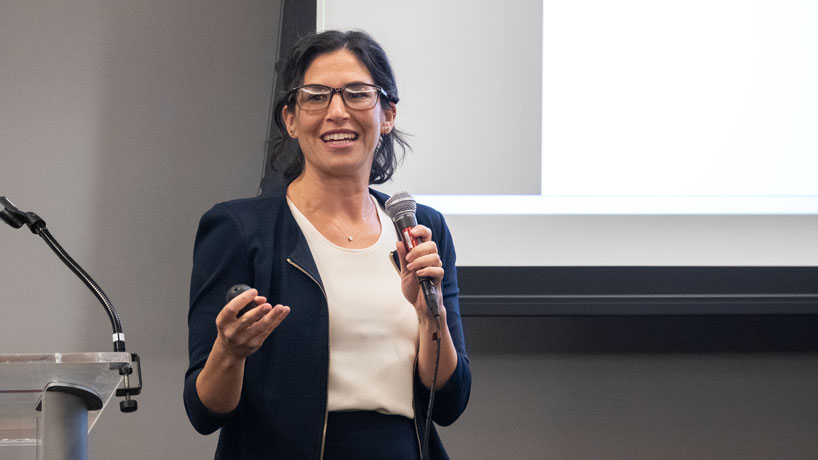
Winograd gave her talk as part of the monthly series, which showcases multidisciplinary health research from across the UM System.
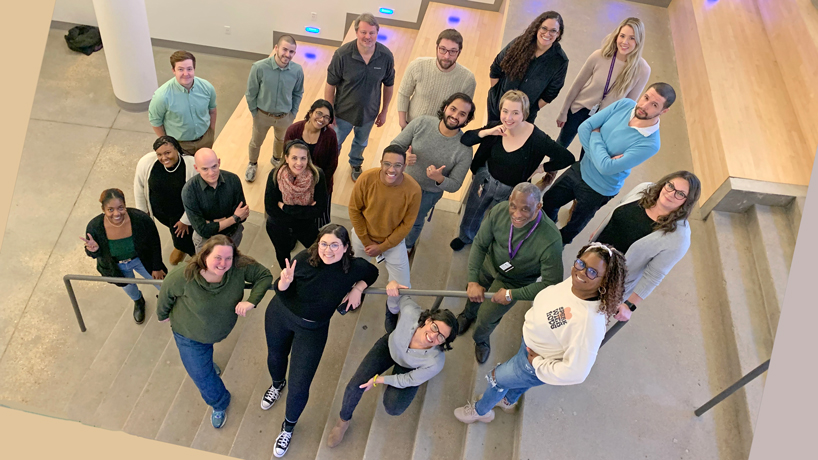
The team has added 10 new members and has been expanding its partnerships with the help of more than $6 million in new funding directed to UMSL.
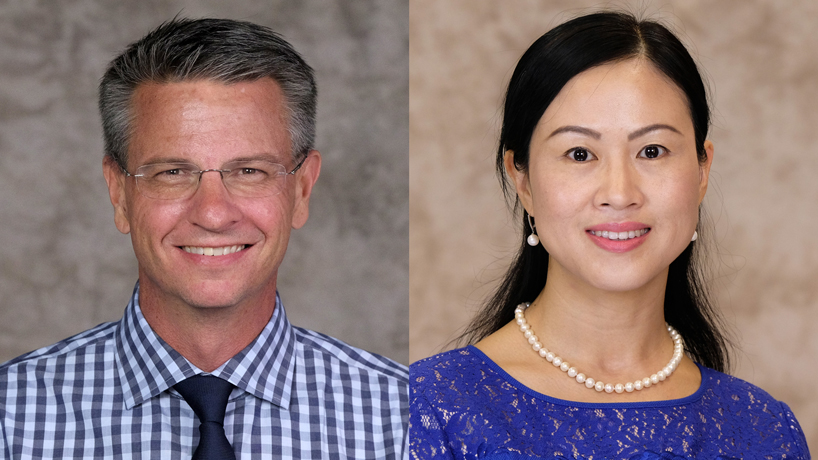
Paul, the director of the Missouri Institute of Mental Health, and Zhang, a professor of finance, are noted scholars nationally and internationally.
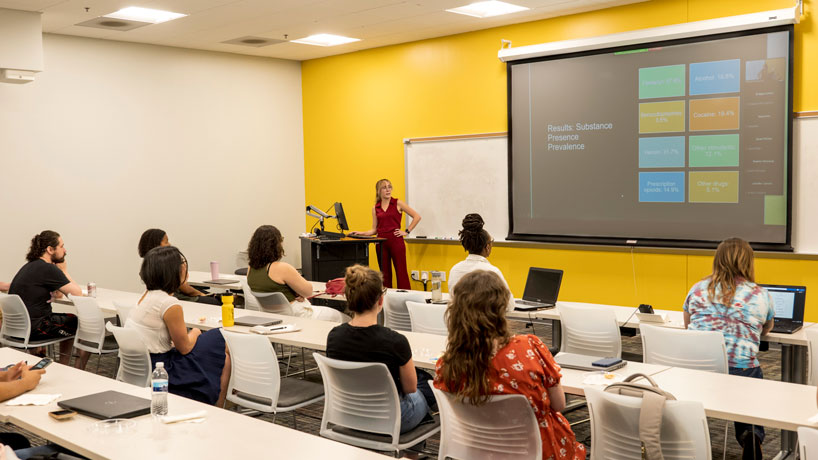
The five students spent the summer packing naloxone kits, conducting literature searches, creating infographics and working on their own personal research projects on overdoses.
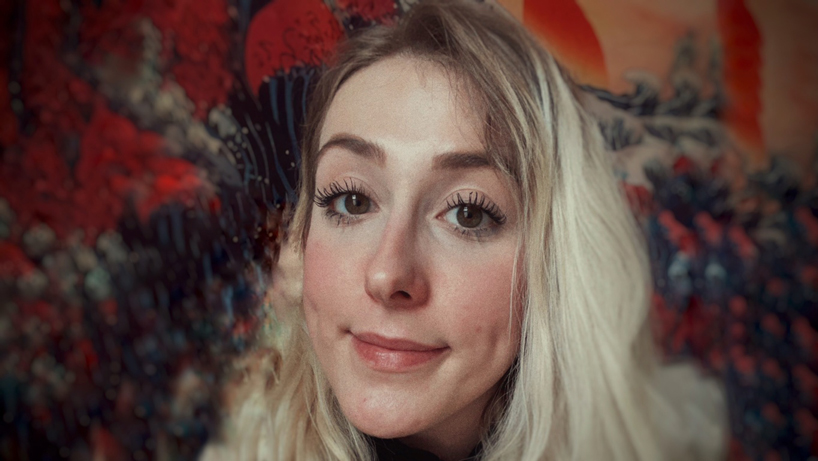
UMSL was one of five sites hosting students in the summer mentorship program organized as part of the International NeuroHIV Cure Consortium.
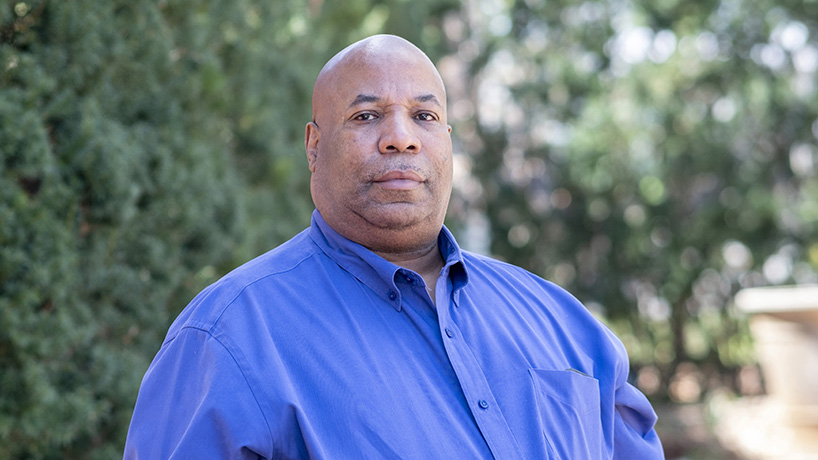
The suicide prevention education program, led by the Missouri Institute of Mental Health, works to build awareness about keeping guns stored safely.
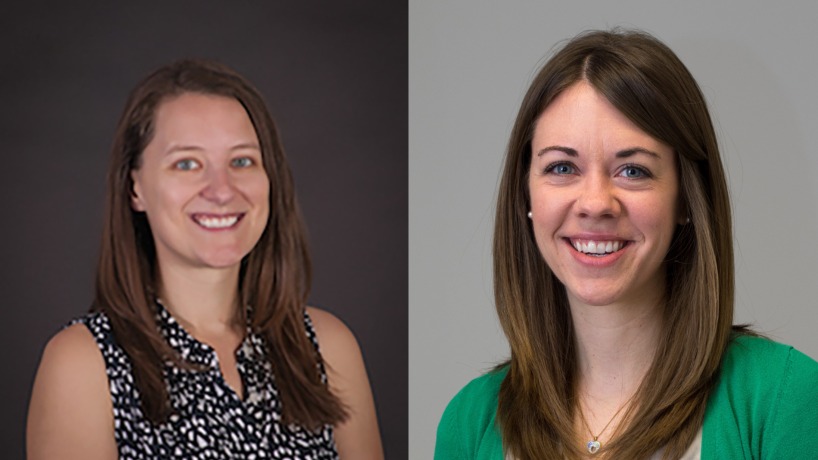
More than 180 students participated in a daylong session on Mental Health First Aid with 60 teacher candidates earning certification.
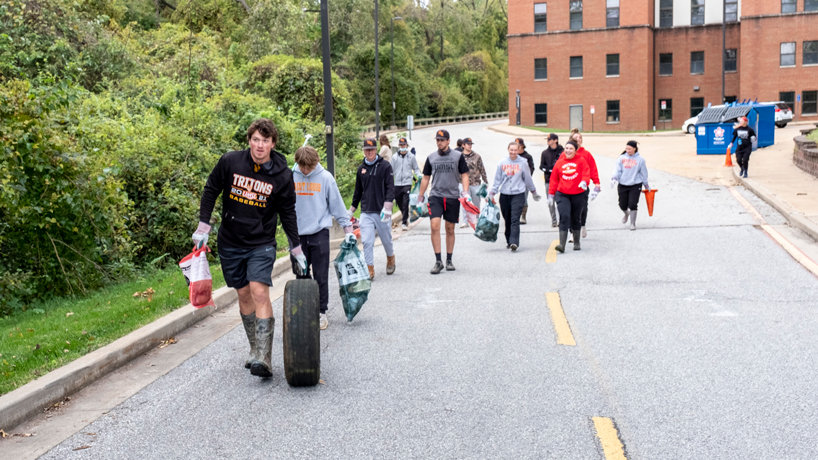
UMSL and MU Extension also held a pop-up health and well-being event for community members at the Regional Center for Education and Work.
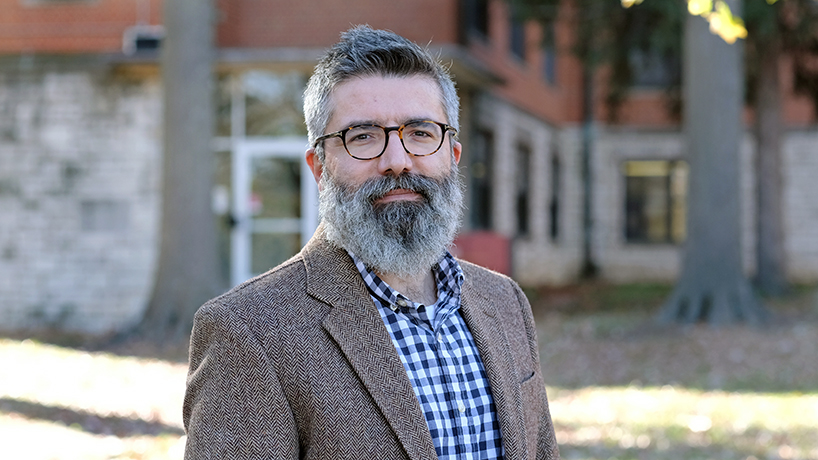
Tokac’s program uses input patient data to make probability statements about the success of different treatment options.
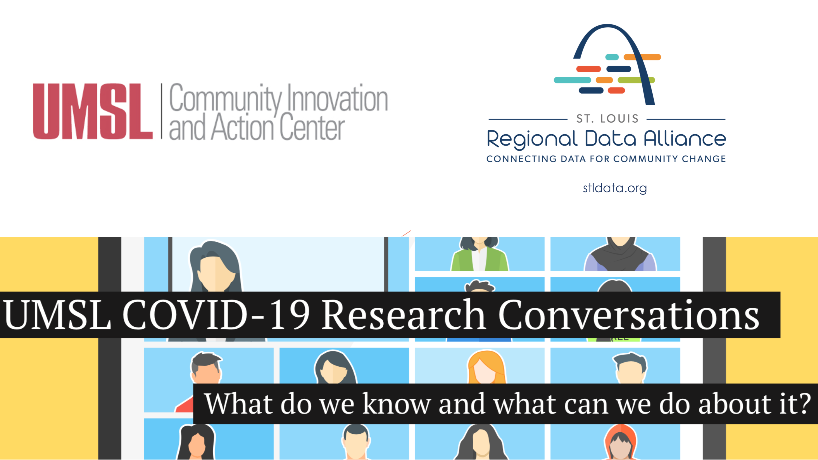
Presenters discussed how partnerships through the Community Innovation and Action Center and the Regional Data Alliance are making a difference.
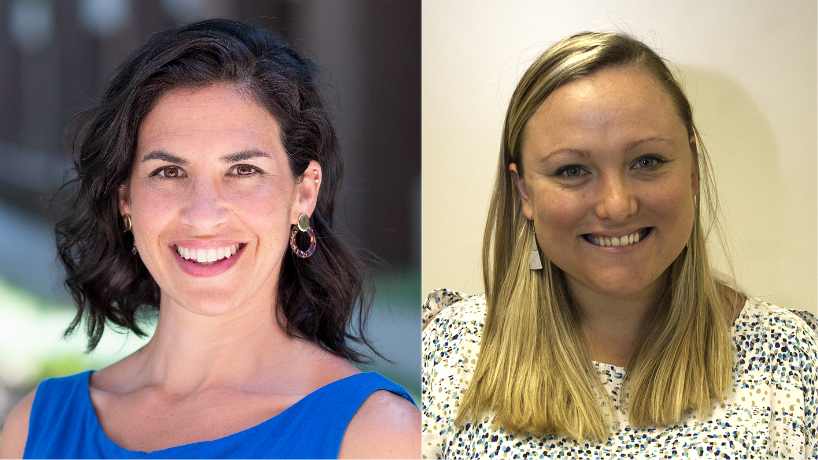
St. Louis has seen an increase in overdoses as a result of the pandemic. At the same time, barriers that restrict the use of telemedicine to treat addiction are being removed.
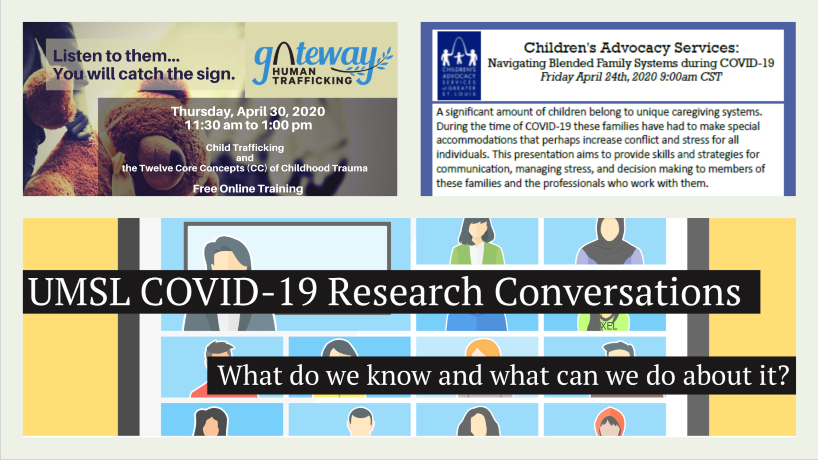
The university offered a range of online events designed to support community members and highlight faculty research opportunities related to COVID-19.
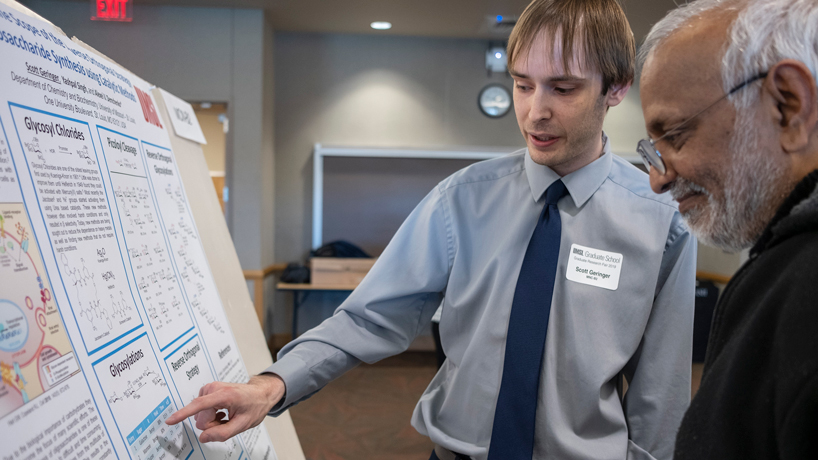
The St. Louis Business Journal reported that UMSL had the largest year-over-year growth of large research universities from 2017 to 2018.

Last Friday, UMSL Chancellor Tom George and MIMH Director Robert Paul spoke at the NextGen Precision Health Institute groundbreaking in Columbia, Missouri.
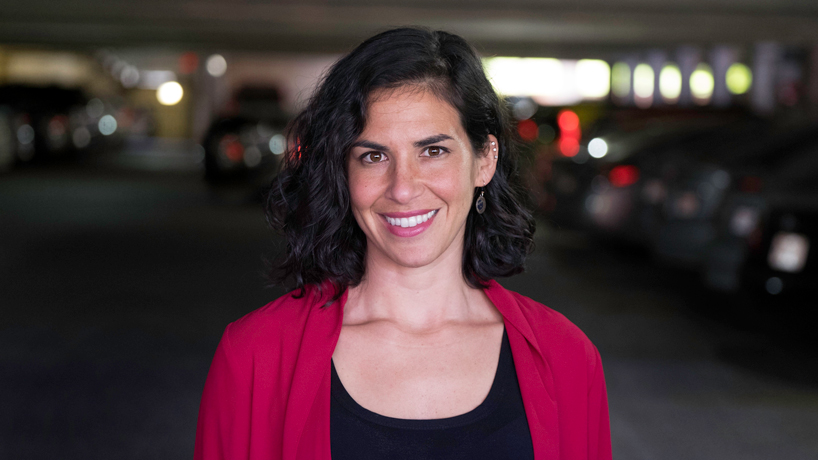
The Opioid STR grant Winograd leads has helped provide treatment for nearly 3,000 people over the past year and distributed 6,000 overdose reversal kits with naloxone.
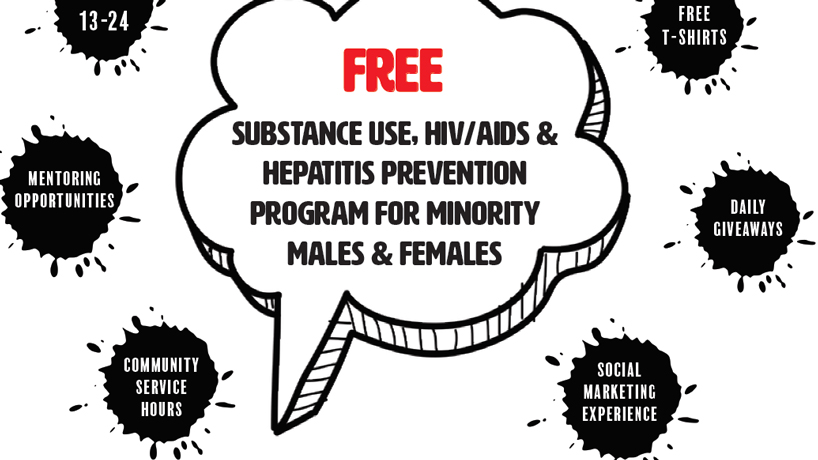
The free seven-week program, taking place at UMSL ITE, is open to minority male and female students ages 13 to 24 and runs from Oct. 25 to Dec. 13.
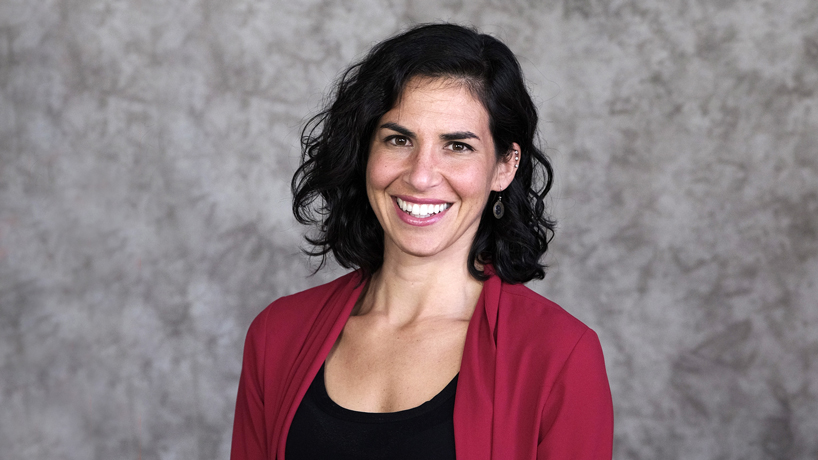
Do other people notice the personality changes drinkers self-report? Sometimes, yes – especially when it comes to extraversion.

Rachel Winograd didn’t initially expect to pursue clinical psychology, but once she started following her curiosity, the choice made sense – and took her in new directions.
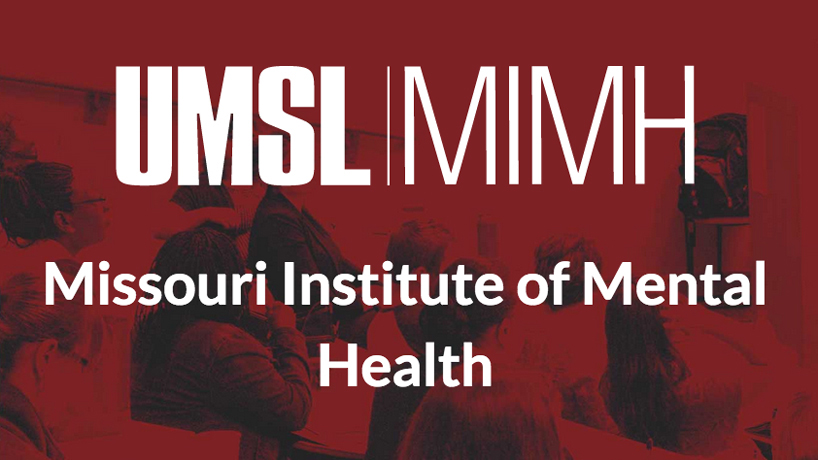
The $5 million grant initiative takes on crucial aspects of the epidemic, which is especially prevalent in Missouri – and aims to broaden dialogue around the issue.
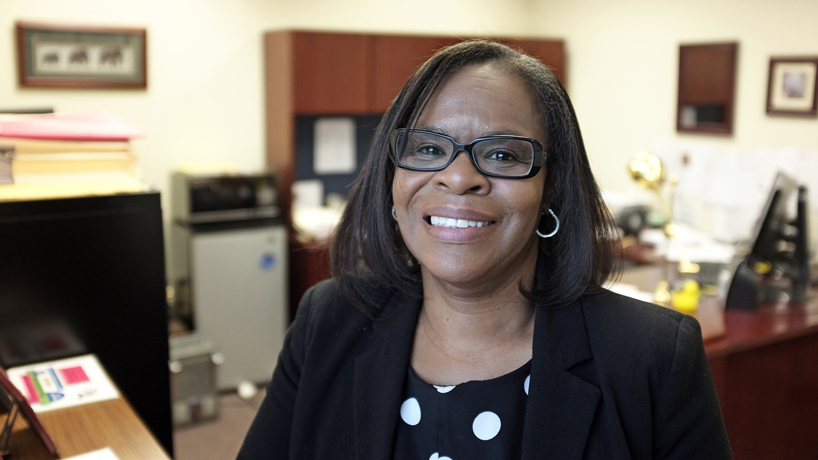
A new $1 million grant will allow the institute to launch a substance abuse and HIV/AIDS prevention program this summer.

James Frost, Colleen Burdiss and De Linda Kelly celebrate their certification as Missouri’s first deaf Mental Health First Aid instructors.
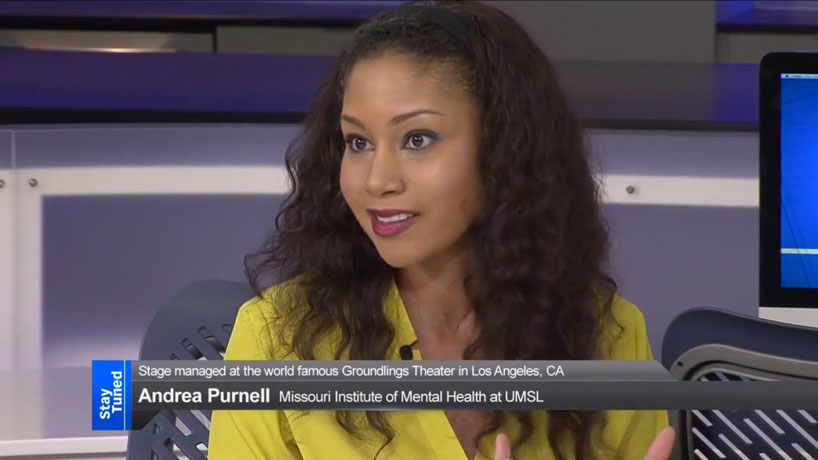
Andrea Purnell shared her perspective on art’s relationship to healing and advocacy.
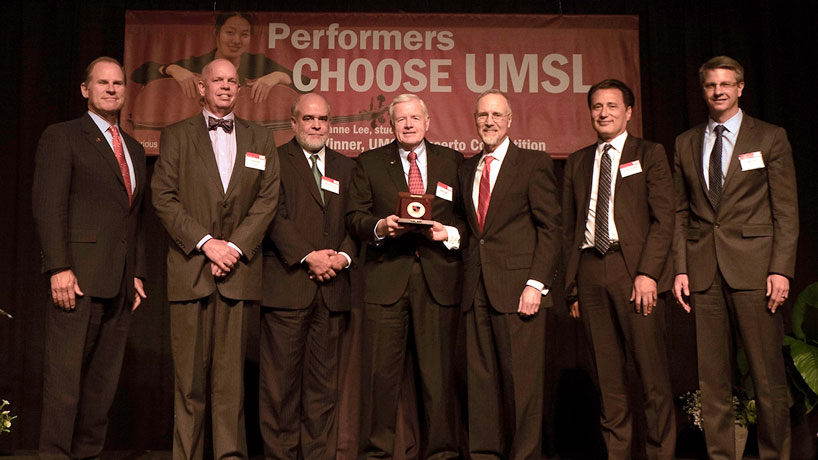
Director of the Missouri Department of Mental Health Keith Schafer (center) was awarded the Chancellor’s Medallion on May 1.
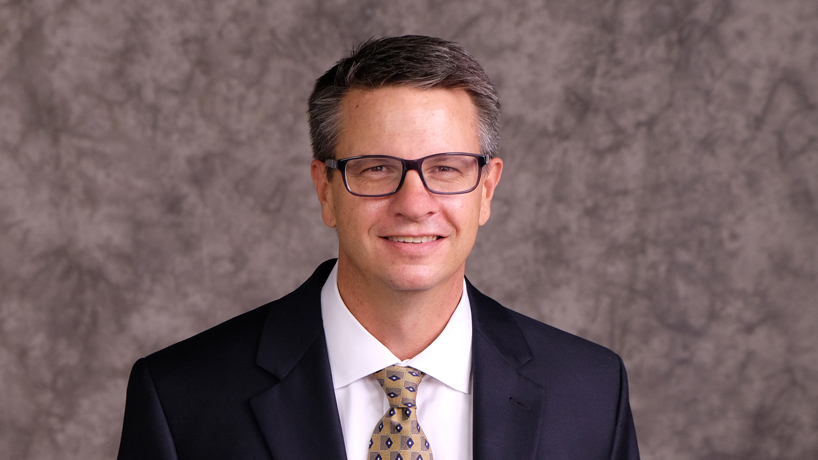
UMSL Director of MIMH and psychology Professor Rob Paul knows about startups and research after his ventures in producing a brain alertness drink called Nawgan.
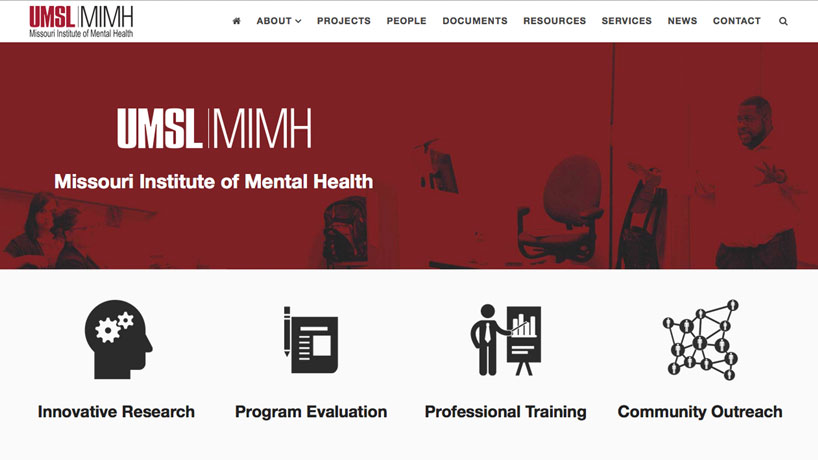
“The revitalized website was strategically designed from the ground up to highlight the extraordinary work conducted … at MIMH,” says Rob Paul, director of the institute.
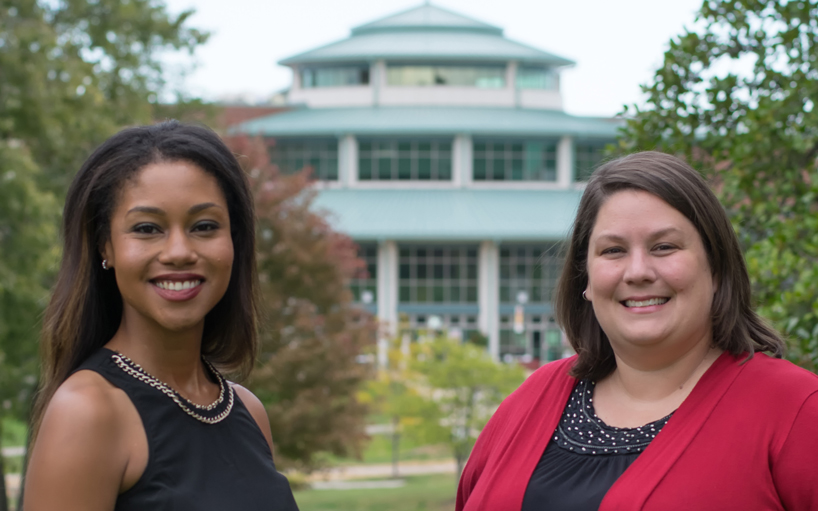
Andrea Purnell (left) is the director of communications and the arts for the Missouri Institute of Mental Health, and Miriam Roccia is the assistant dean of students.

Jean Campbell (right) was honored for her work as a national mental health advocate and her tireless pursuit in helping other individuals address their own mental health issues.

For more than a decade, the suicide rate in Missouri has been higher than the rate nationally.

The psychologist is well known in the St. Louis region for creating and developing the all-natural brain fitness drink Nawgan.
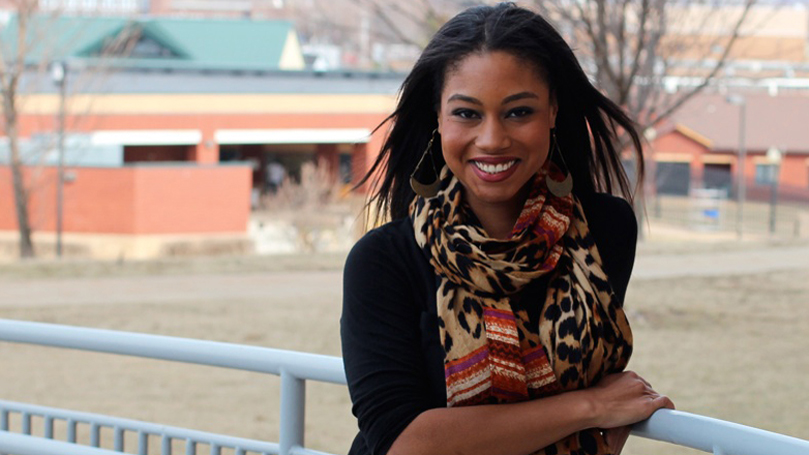
Andrea Purnell has organized flash mobs, staged plays as well as gallery shows in an effort to spotlight mental health issues.
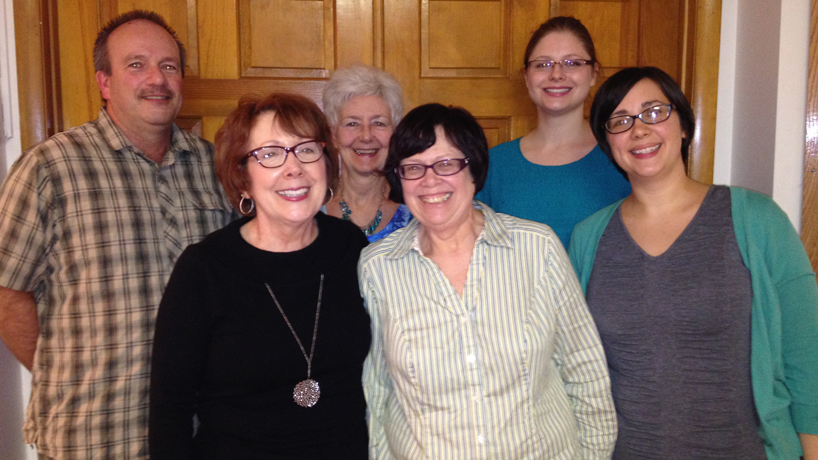
They’ll look at changes in ER utilization, enrollments in treatment programs, housing and employment and involvement with law enforcement.

A film produced by Kelly Gregory and Thom Pancella, both of MIMH at UMSL, will be screened Feb. 12 at the Picture This… Film Festival in Calgary, Canada.
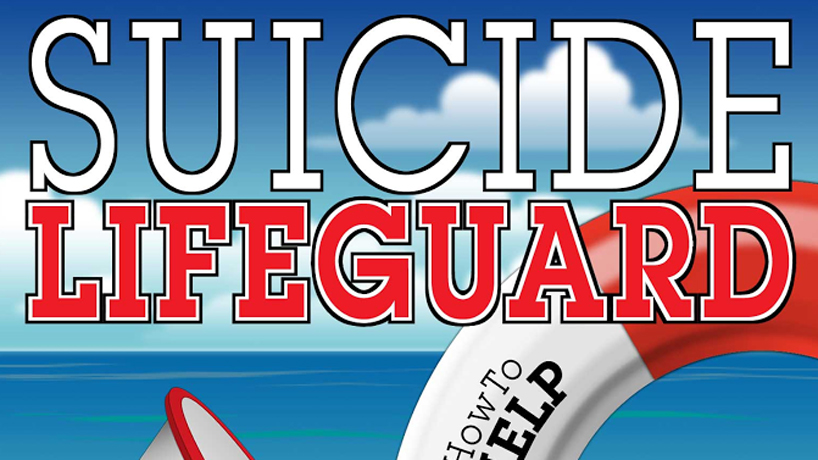
Suicide Lifeguard is intended for anyone concerned that someone they know may be thinking of suicide.
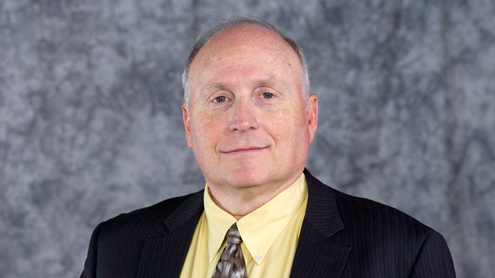
Felix Vincenz, chief operating officer of St. Louis Psychiatric Rehabilitation Center, has been named interim director of the Missouri Institute of Mental Health at the University of Missouri–St. Louis.

In a given year, about one in four adults will be affected by a mental or neurological disorder. Of Missouri’s approximately 5.9 million residents, close to 223,000 adults live with serious mental illness and about 65,000 children live with serious mental health conditions, according to figures from the National Alliance on Mental Illness.
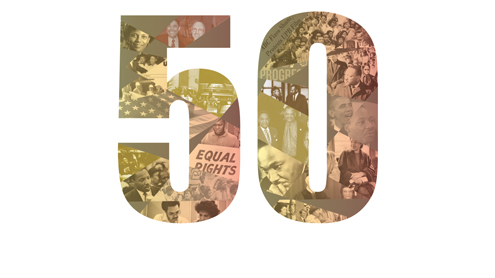
A documentary honoring the 50th anniversary of the University of Missouri–St. Louis and Martin Luther King’s “I Have a Dream” speech is bound to spark some lively discussions.
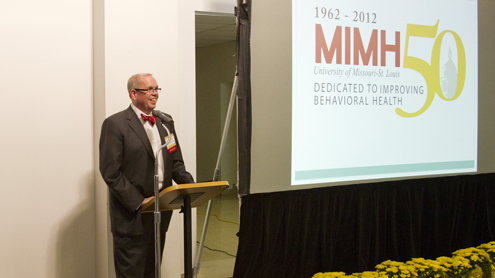
The Missouri Institute of Mental Health marked 50 years of service to the community with a public celebration on Oct. 1. MIMH became a unit of the University of Missouri–St. Louis in 2010 after being operated by the University of Missouri–Columbia for many years. The institute offers research, evaluation, policy and training expertise to organizations seeking to improve the behavioral health services they provide to patients.
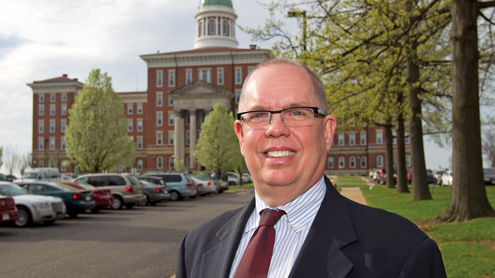
It’s 8:30 a.m. and Joseph Parks has already fielded four conference calls, all of them while driving into St. Louis from his home in Columbia, Mo. Parks is the director of the Missouri Institute of Mental Health at the University of Missouri–St. Louis. Once a week, he makes the trip to MIMH, which is housed on the grounds of the old St. Louis State Hospital.